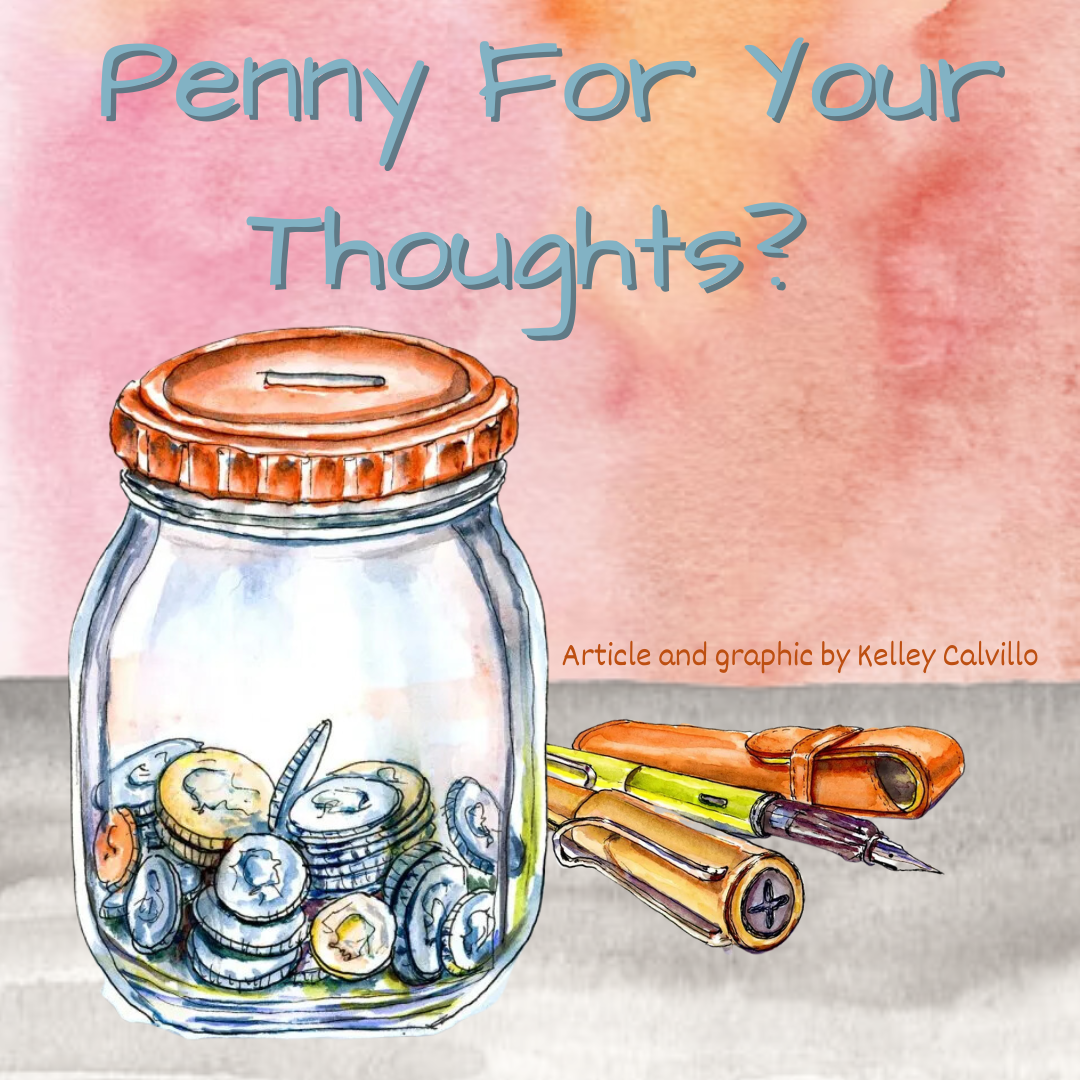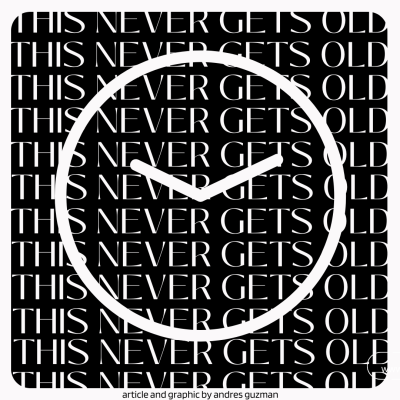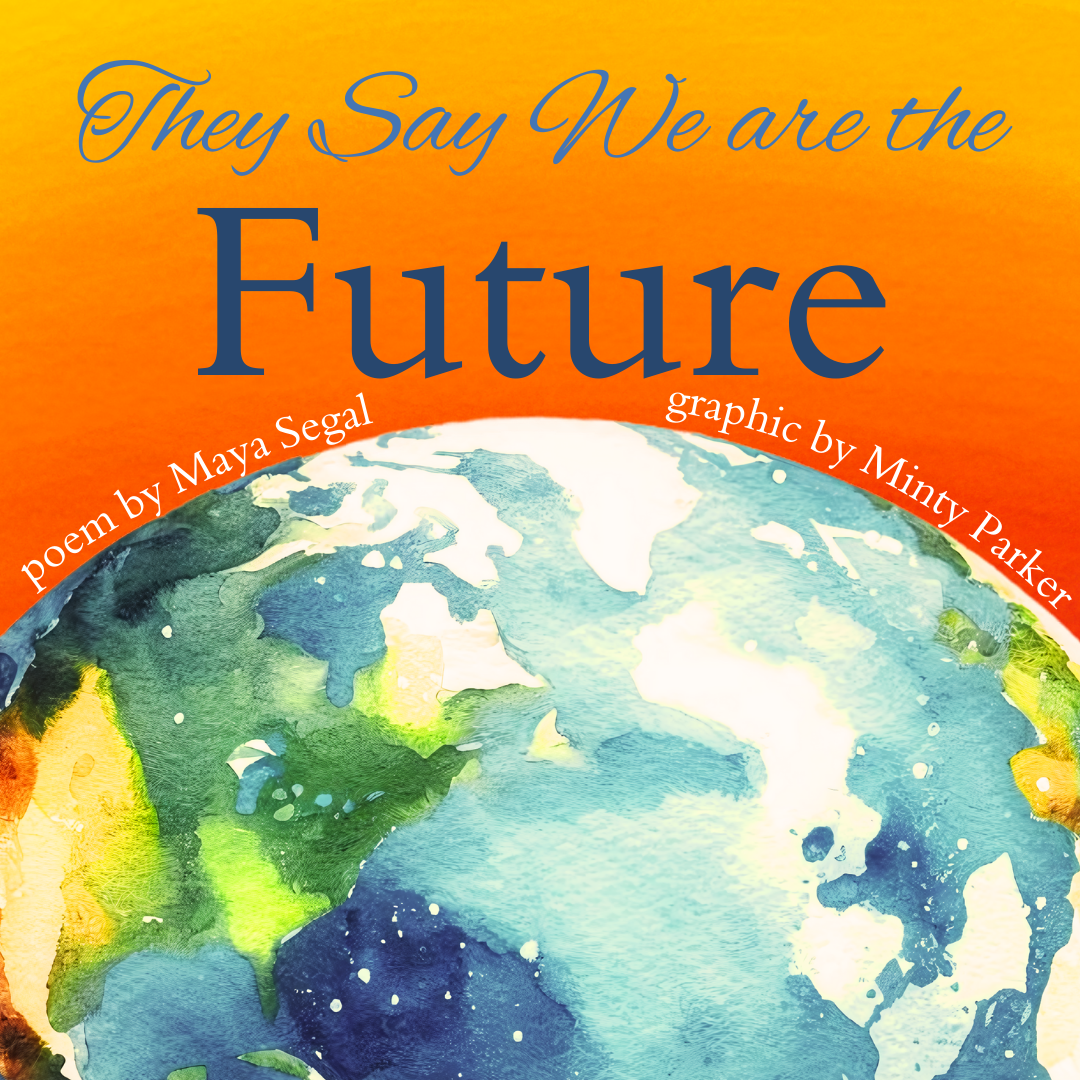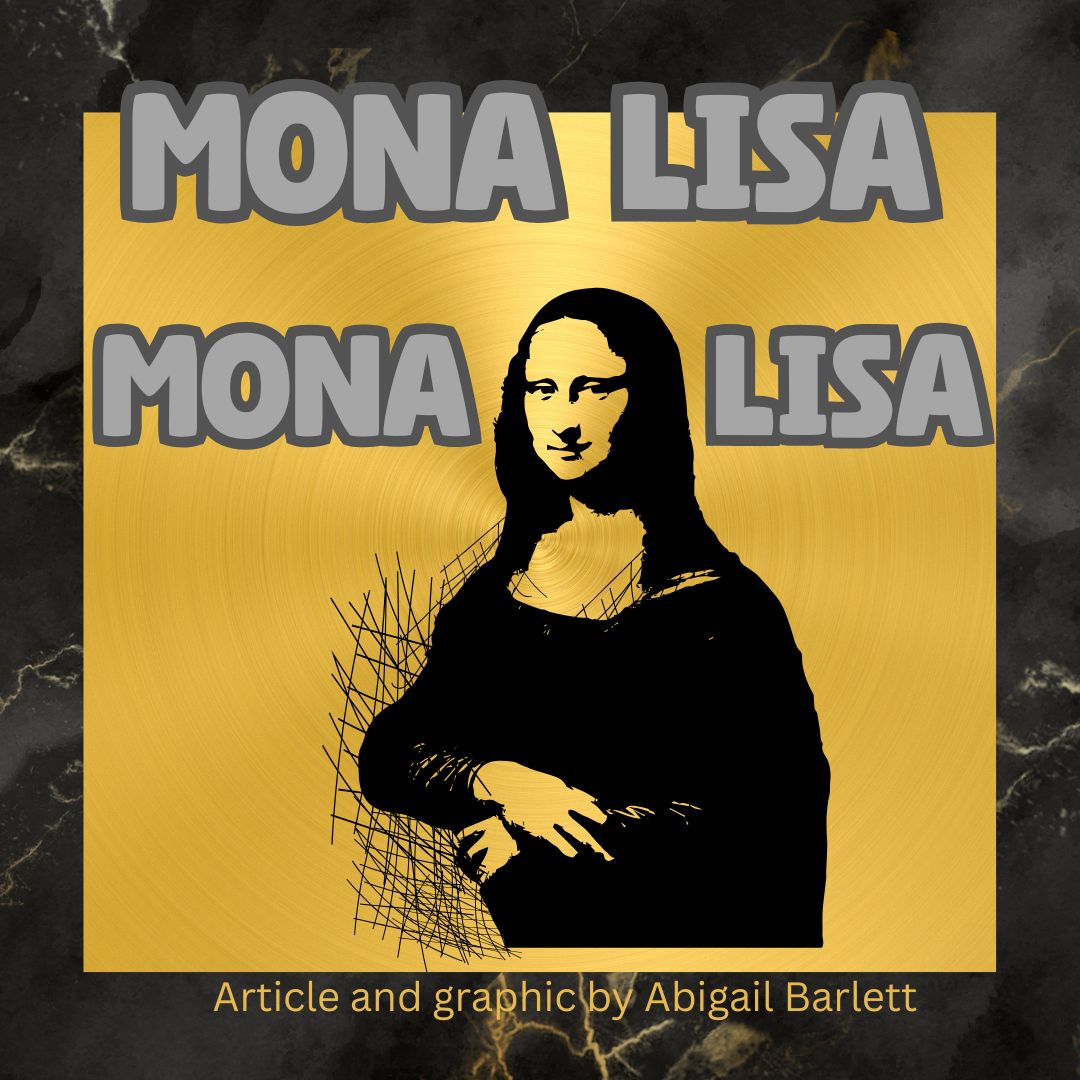She is made of ugly words and unforgiving truths and if she does not write them down, she will drown in them. There is a man beside her, and his arm brushes hers. He smells like her dad’s cologne and is wearing a hat like her grandfather, yet he is not comforting. She feels like a sardine, slimy, and too close to someone she does not know and doesn’t care to learn about. He looks at her and smiles, a sad grandpa smile, and she is contrite. He apologizes and inches forward, checking to make sure she has enough room. She tends to assume the worst in people, and it eats her alive. It’s a whisper in her ear that kindness doesn’t count unless given freely, but she does not believe in naivety. She holds her heart in her hands, waiting for proof that it is safe to unclasp them, but tends to judge like a harsh overhead light, too exposing and ugly and unforgiving.
She is self-reflective; a phone call from her mother happened three minutes earlier, and she feels fickle and misunderstood. Her mother has told her that she needs to realize how hard she is to be around, how she breathes and talks and laughs so loudly there is no air or room or joy left for anyone else. However, she has never viewed herself as a force; she sees her body and her mind and her spirit to resemble more of a moldy fruit, left on the counter for too long because nobody actually desired it for consumption, still sitting there because touching her would only bring disgust and to carry her to the trash can would give her a reprieve from knowing she isn’t wanted. And what is the use of helping someone who deserves to sit in their own filth, aware of the loathing that surrounds them?
Her mother is always up her ass about a future that she thinks she wants until it is cold and dark and she is alone. Then, she feels callous and undeserving of any future, let alone one she would want. She knows to obtain some semblance of success, she must shape up and not be so slothish and immobile. It does not matter to her that she is, in fact, busier than most of her peers or that she would rather work herself to the bone than fall through on a commitment. She simply understands that deep inside, she is a compressed fetal skeleton that would rather sink into the earth than think one more thought about politics or autonomy or the sense of dread she feels when she thinks about waking up the next day.
These understandings and thoughts and overall incredibly depressing realizations are, in fact, not realizations at all to her but the manifestation of her lack of obedience and self-control. Her mother tells her that if she doesn’t view her future as exciting, why is she working towards it? Her mother just won’t accept the answer that working your ass off just to work your ass off somewhere else isn’t incredibly appealing, especially to a daughter whose idea of joy, love, and success flit and flutter like the wings of a bird. The bird is stuck, and she is stuck, and she will always be stuck in thoughts of her own making. She is depressed, maybe, or just a teenage girl or someone who has read too many paragraphs of prose of human pain. It doesn’t matter what she is because she is too aware of what she isn’t and is waiting for the day when everyone else admits they are aware of it, too.
Her ex-boyfriend knew what she was and what she couldn’t be. He liked her body and how she could wrap and fold and hold him, and she liked being desired, though she knew her laugh and smile and how she held herself disgusted him. To be frank, these traits would disgust her too, especially knowing they are all a facade; she painted them on herself, deciding what face she should make in hypothetical situations. She was not her own being but a manifestation of what he wanted her to be. He knew that, she knew that, and everyone hated it. But it is sweet on the tongue even if the aftertaste is bitter.
Her friends liked him; they thought he was funny, they draped themselves over him like sweaters, and he embraced the attention in a way that made him seem childish. She knew that her friends understood how he treated her and what he made her do, and they didn’t care, which affirmed what she had thought all along. She must deserve what he did; she should have enjoyed it or at least found a bit of leisure in being treated in the way that she was always meant for. Her friends didn’t step in or tell her to break it off. Instead, they leaned into her infatuation with acceptance and let her know, in no uncertain terms, that there was no reason why what he was doing was wrong because he was a man and men are children, and what is a woman if not a mother?
She finds this assertion upsetting and makes broad statements about love and sexism and the world as a whole, knowing that she is a fraud, that she is a child herself, that her father’s credit card is her lifeline, and that she walks through this world on a pedestal too high for her to jump off of. She isn’t deserving of any praise, not even deserving of ridicule, as she is not even deserving of acknowledgment. She can write as many pretty words as she wants, but when she wakes up the next morning, she will scoff at her immaturity and overemotional tendencies. She will assert that she loves living and that there is an entire life ahead of her to figure out, but how can she know that the version of herself from the night before wasn’t right? There is no guessing with her feelings; she either has them or she doesn’t, so if they are gone, why are they worth putting a pen to paper? Or is the existence of a feeling, even if brief, enough of a reason to document it in the hope that someone else could understand that feeling in themselves?
The man is still in front of her, and she is scrawling these thoughts on a napkin, sitting on the floor for access to a hard surface, knees crossed like the child she pretends she isn’t. He has looked down at her once or twice, trying to discern what could be so important that she must fold in on herself and scribble down words that won’t make any sense to her in an hour, let alone anyone else. She folds the napkin and shoves it in her pocket, sticking the pen behind her ear as she stands. He glances again, and now it is her who apologizes for standing there at all. He has seen the world and knows that she is a liar, and she knows she is a liar, and at this point, everyone in her life takes every sentence out of her mouth with a grain of salt. That is why she is here, and she can admit that. There is no shame in knowing when to shut the hell up and sit pretty. But she has never known how to do that. He is next in line and moves away from her. She has no room on her napkin for any more thoughts, so she stops thinking about anything. There is no point if no one would hear it anyway.
It is her turn, and she is over this entire situation and yearns for her bed, closed eyes, and no more metaphors about living. She takes the napkin out of her pocket and slides it across the register, letting the worker scan it with glazed eyes. She turns her back on the napkin, the worker, and every idea she just threw away. She does not have a penny in her palm, a penny for her thoughts, for her spirit that she ripped out of herself with her bare hands. Her thoughts are free; there is no reason to assume they are enough to be paid for. She knows her place: she is young and far too pretty to be speaking of the world as if it is against her very being; as if her soul is made of something different than it should be. But she is made of ugly words and unforgiving truths and if she does not write them down, she will drown in them. She hopes that someone will memorize their patterns and speak them simply to feel their shape. She is tired and is vulnerable when she is tired, and perhaps she gave away too much, but she cannot unwrite any of it.
She walks away, and more thoughts come. Slowly and softly, they crawl up her body, itching, scratching, and biting like mosquitoes. She knows that they would, and she sighs as she turns and gets back in line. She has never known how to shut the hell up and is stuck in a perpetual loop: forever in this line, forever in this life, forever a woman in a world that never wanted her to talk in the first place. And while she does not regret what she has said, thought, or ruminated on, she finds it impossible to forgive herself for giving it all away for free. A penny for her thoughts would be little, but she can’t help feeling like she sacrificed more than a cent to be understood. She is made of ugly words and unforgiving truths and if she does not write them down, she will drown in them.













